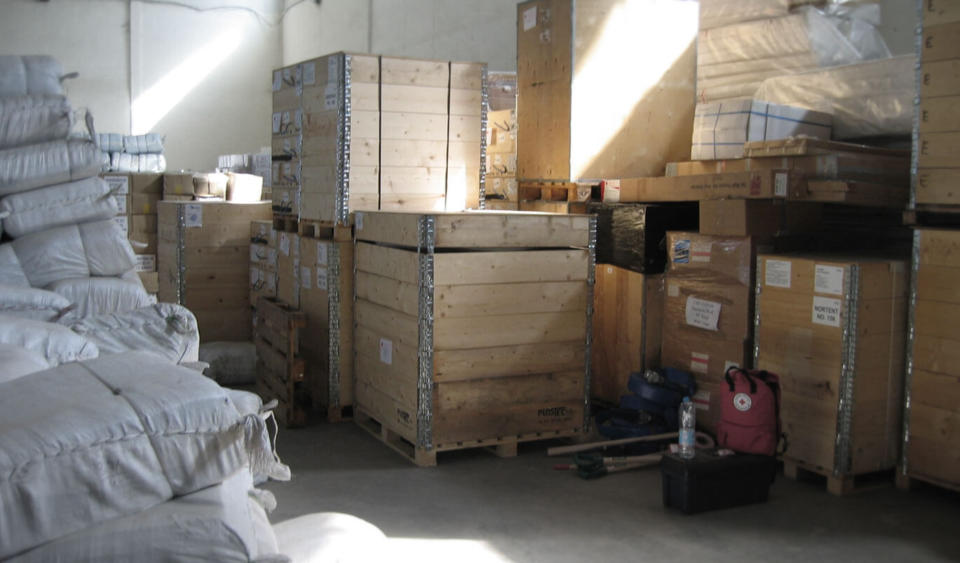
Background
Transparency International Norway (TI-N) has developed an e-learning course and accompanying Handbook targeting corruption in the humanitarian sector. These materials were developed in partnership with the International Federation of Red Cross and Red Crescent Society (IFRC), and in consultation with many other humanitarian organisations and subject matter experts.
The e-learning programme targets primarily operations staff in humanitarian organisations, but is also relevant to other staff as well as partners, donors and affected communities of humanitarian assistance. The approach of the course is scenario-based, reflecting situations and dilemmas facing humanitarian workers. The e-learning programme is available in English, French, Spanish and Arabic.
An accompanying Handbook, Preventing Corruption in Humanitarian Operations, also helps diagnose corruption risks specific to humanitarian operations and to develop a set of good practices aimed at mitigating those risks. This resource is likewise available in English, French, Spanish and Arabic.
Is this course for me?
This module has been developed for the wider humanitarian community; field and headquarter staff in organisations - specifically programme staff, and other stakeholders.
How will I benefit from this course?
On completion of this course you will:
- Understand the impact of corruption within humanitarian aid
- Understand some of the common dilemmas and challenges facing humanitarian organisations
- Identify and report signs of corruption in a variety of settings
How long will it take?
It should take you about 3.5 hours to complete.
How much does it cost?
This course is free.
Will I get a certificate at the end?
Yes! You will be able to download a certificate after you have completed all the modules and the feedback form.
How do I start?
You can take the course for free on Kaya Connect here: https://kayaconnect.org/course/info.php?id=241
This will take you through to the course modules. Don't worry, if you stop a module halfway through, you can always continue later from where you left off.
